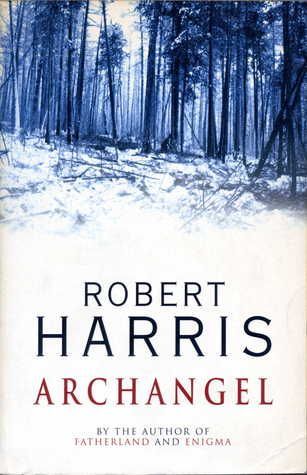
Like the book reviewed immediately before this one (Shamim Sarif’s Despite the Falling Snow, 2004), Robert Harris’s Archangel is a novel largely set in the 1990s that can legitimately be tagged as Stalin-themed.
Whereas Despite the Falling Snow focuses on the personal impact of Stalin on individuals, in Archangel Robert Harris develops his plot on the national level, drawing on the hopes of a significant minority of Russians —and the fears of the rest— that the economically depressed and internationally diminished Russia of the mid-1990s might be ‘saved’ by the emergence of a Stalin-like figure ruthlessly committed to restoring former greatness.
Archangel is a classy page-turner of a thriller. But why Russia-in-Fiction particularly enjoyed it also has much to do with its early set-up bearing close affinity to our own experiences in the Russia of the early 1990s.
The central character of Archangel is a British historian, Fluke Kelso, who is in Moscow attending one of those historical conferences to which the author of this blog and many other western academics flocked in the enthusiasm of East-West rapprochement and archival opening that marked the immediate post-Soviet years.
The conference is taking place in the Russian Centre for the Preservation and Study of Recent History. This is the building previously known as the Central Party Archive. The author of this review researched there in the 1990s.
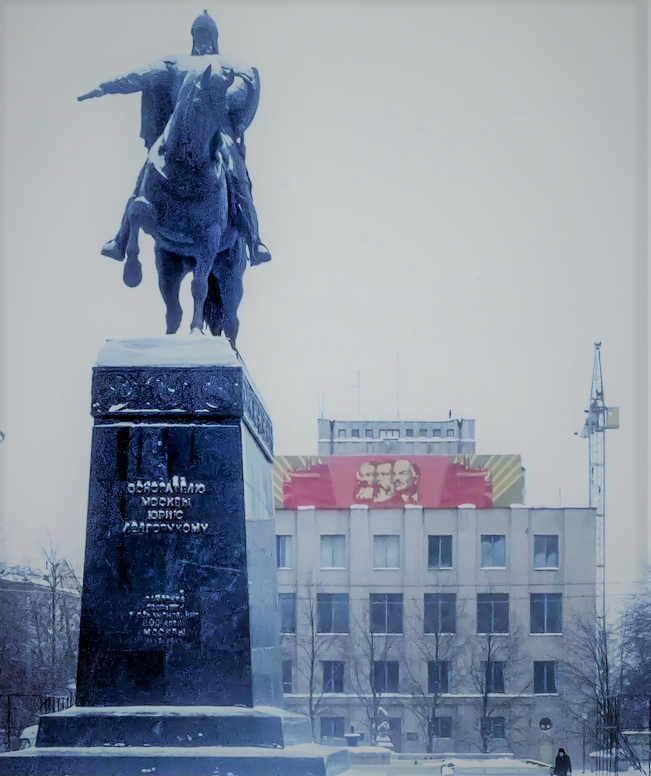
It is a squat building that backs onto the statue of Yurii Dolgorukii, in the middle of Moscow, on our favourite Muscovite square, halfway down Tverskaya Street, with the church of Cosmas and Damian on one side and Moscow City Hall across the road.
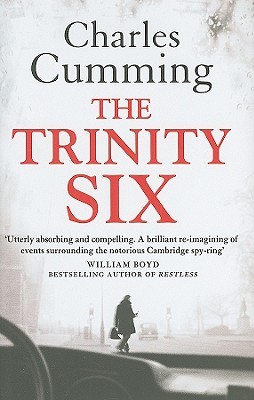
Kelso —said to be modelled on former Oxford Professor of History, Norman Stone (1941-2019)— has a more flamboyant reputation than most much duller scholars. And like many an invented Russia-in-fiction academic, Kelso’s research methodology is more akin to a journalist seeking a scoop than to the meticulous historian spending month-on-month scouring archival documents and secondary sources. Fair enough. Man reading files does not a thriller make.
Fluke Kelso is approached at his hotel —appropriately the Stalinist ‘wedding cake’ style Ukraina— by a witness of Stalin’s last hours, who tells the story of the dictator’s personal papers being removed from a safe in the Kremlin and buried in the garden of the house where Stalin’s brutal henchman, and former security service chief, Lavrentii Beria, lived.
Kelso initially sees a chance to restore his fading reputation as a historian. As the plot develops, his motivation becomes mixed up with a relationship with an attractive young Russian law student, and with the need to flee from the lethal threats of sinister Russian political forces whose potential path to power is wrapped up in the secrets that Stalin’s notebooks contain.
Archangel’s portrayal of Russia in the mid-1990s is dominated by the sense of an enfeebled superpower. The novel’s premise, from the point of view of how it portrays Russia, is that the hardships of the 1990s made Russia susceptible to a Stalinist-style dictator returning. It is a sound-enough hook for a thriller, and particularly one as well written as Archangel.
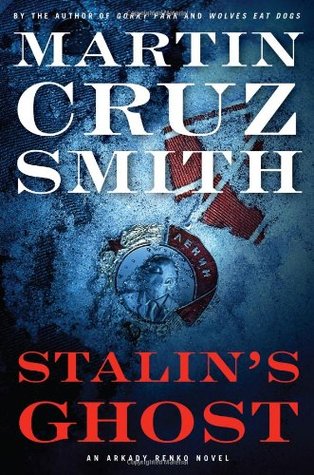
Martin Cruz Smith pursued a similar theme in Stalin’s Ghost (2005), in which sightings of the figure of Stalin —or at least, his ghost— are staged on the Moscow metro in order to bolster support for a right-wing Russian nationalist party.
From the perspective of some Communist-supporting Russian observers of the conference that Kelso is attending, Russia is a country where
‘Gorbachev and Yeltsin have sold off our whole f***ing birthright to the capitalists and let the CIA go picknicking in our files’ (p. 27)
…
Up on the platform, Professor Valentin Askenov of the Russian State Archives had launched into a long explanation of the microfilming of the Party records. The sharp amplification of Askenov’s sonorous voice seemed to pierce some painful chamber of Kelso’s inner ear. Already, a kind of metallic, neon torpor had descended over the hall. The day stretched ahead.
Twenty-five million sheets … recited Askenov, twenty-five thousand reels of microfilm … seven millon dollars …
Kelso slid his hands down his cheeks until his fingers converged and covered his mouth. Frauds! he wanted to shout. Liars! Why were they all just sitting here? They knew as well as he did that nine-tenths of the best material was still locked up, and to see most of the rest required a bribe. He’d heard that the going rate for a captured Nazi file was $1,000 and a bottle of Scotch.
Archangel, pp. 50-51
Archangel does decent service as a primer for the newly emerging Russian sources on the Stalin era in the post-Soviet years. Dmitrii Volkogonov’s book on Stalin, Triumf i tragediya (1989), is referred to several times, as is Felix Chuev’s account of his conversations with Vyacheslav Molotov, Stalin’s Foreign Minister and then first deputy Premier.
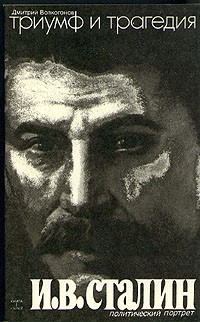
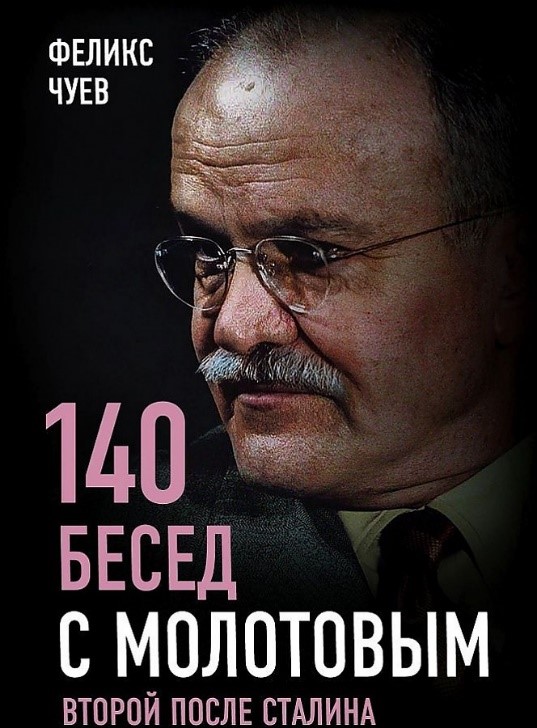
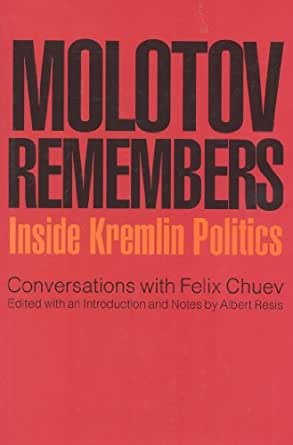
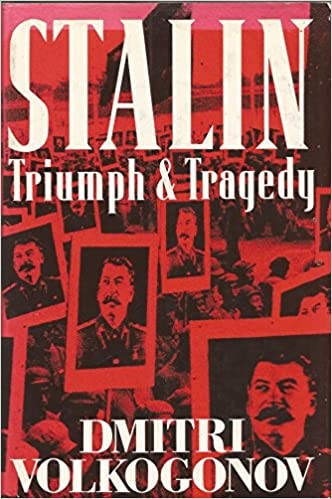
The chief villain driving the narrative of Archangel is Vladimir Mamantov, a prominent Russian nationalist of the far-right kind, formerly a senior figure in the Soviet security services, now an agitator within what was, in the mid-1990s, a resurgent Communist Party of the Russian Federation. In the real world, the Communist Party’s leader, Gennady Zyuganov, forced Boris Yeltsin to a second round run-off in Russia’s presidential election of 1996. In Archangel, Kelso looks up Mamantov’s phone number and finds it
next to an office address for a lowly Party functionary, Gennady Zyuganov
Archangel, p. 64
Without giving too much of the plot away, the novel is called Archangel because it is in Arkhangelsk in northern European Russia that its climactic scenes play out. And these scenes revolve around the progeny of Stalin.
Russia in Fiction was recently doing a little research of our own into Stalin’s children and grandchildren. Favourite facts? One of the granddaughters of Soviet dictator Joseph Stalin is a tattooed American reportedly running an antique store in Portland, Oregon. And another is a vulcanologist living almost as far east in Russia as is possible, on the Kamchatka peninsula. Only the Pacific Ocean between them.